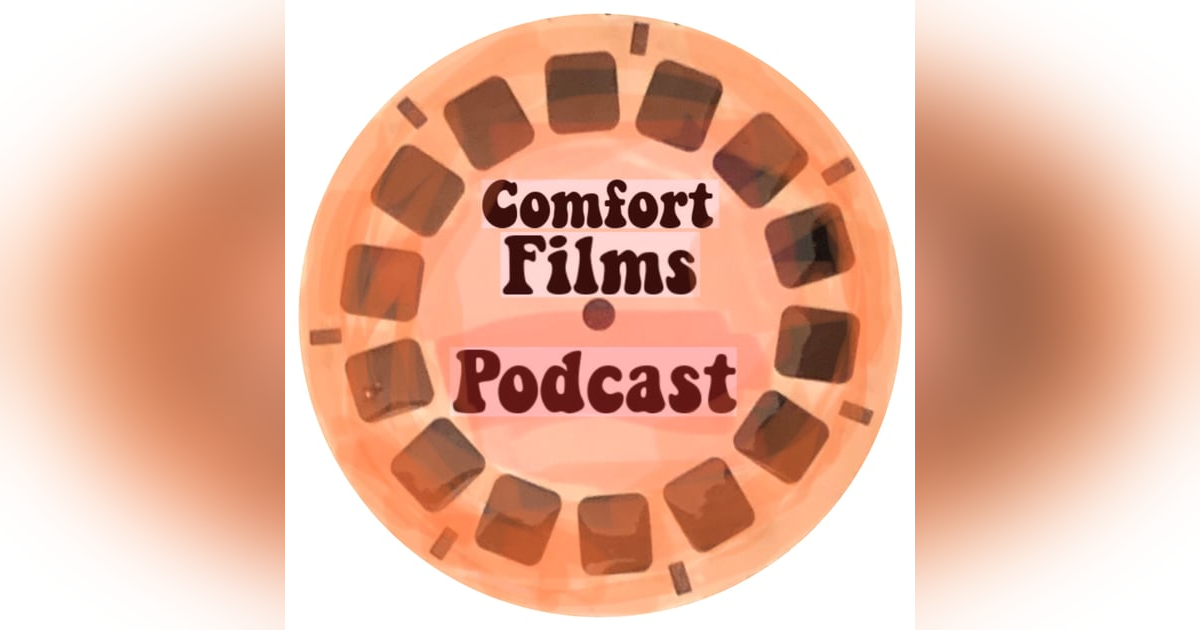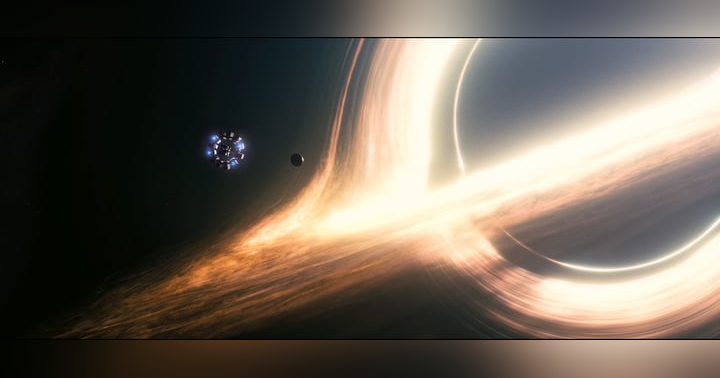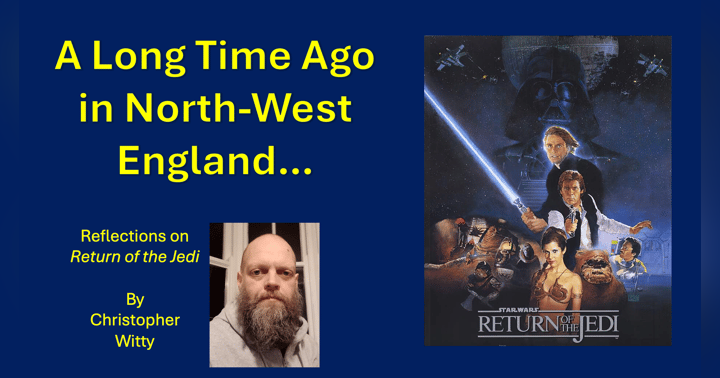Die Hard: A Rite of Passage

Yippee ki yay, and then you can fill in the blank. Roy Rogers originated the phrase (the first part, that is) back when my parents were around the age that I was when I first saw Die Hard. I have never seen anything with Roy Rogers, but I will forever associate the iconic line with the one and only Bruce Willis and the ultimate Christmas-in-July action movie released in 1988. Where do I begin with this shining gem of a picture that brought together fathers and sons? I guess, at the beginning.
Prior to seeing Die Hard, my experience with Bruce Willis was catching an occasional episode of the network TV show Moonlighting and repeated viewings of the Blake Edwards film Blind Date starring Kim Basinger, Dan Fielding (the actor John Larroquette, whose praises I also sung loudly in my Defending Your Life post), and Mr. Willis himself. When Die Hard came on the scene, I was in junior high, and it was an absolute phenomenon right out of the gate. In what felt like some kind of masculine rite of passage, one by one, fathers would watch the R-rated Die Hard with their underage sons. Whether you were one of the lucky ones who got to see Die Hard in the movie theatre or one of the guys like me who had to take sloppy seconds and see it on pay TV or home video, the effect was the same - once you had seen the movie with your father you were viewed as a man by him. Die Hard did not make you your father’s equal but it moved the ball far in the right direction to be sure. It was like your father was still the sheriff in town but now you became his newly appointed deputy. When adversity would come your family’s way you would now handle it together.
In part I attribute the transformative power of Die Hard to Bruce Willis’s endless hysterical one-liners that have an updated Clint Eastwood feel to them. Clint Eastwood was still a major movie star in the 1980s but the younger guys of my generation wanted a new action hero of their own to grow up with just like their fathers did with Clint. Willis filled the bill nicely, bringing an irreverent sense of humor to the stock character type that was particularly appealing to kids who grew up on the wry comic sensibilities of the 70s and 80s. The similarities between the cop anti-heroes John McClane and Clint Eastwood’s Dirty Harry Callahan are great, not to mention that their philosophy of do what’s right, kill the bad guys, then have a quick smoke and a joke was identical.
Watching Die Hard with your dad meant that you now were old enough to know the rules and be empowered to bend or even break them in order to do what you felt in your heart was right. The very fact of being able to watch the movie Die Hard before you were technically of age was breaking a rule in and of itself. Being trusted by your elder to think for yourself is not something to be taken lightly; for instance, I did not start blowing off curfew, stealing cigarettes, and drinking whisky once I was granted this power. Rather, I found myself being even more conscientious of the choices that I made because I knew that with reason I was in charge of my life from that point on. In the podcast episode, we talked about how Die Hard is a Christmas movie and an action movie, but for me it’s much more than that - Die Hard is the cinematic point of demarcation between my parents viewing me as a child and an adult. Yippee ki yay motherfuckers!
Comfort Films Episode 9: Die Hard (Released December 3, 2021)







